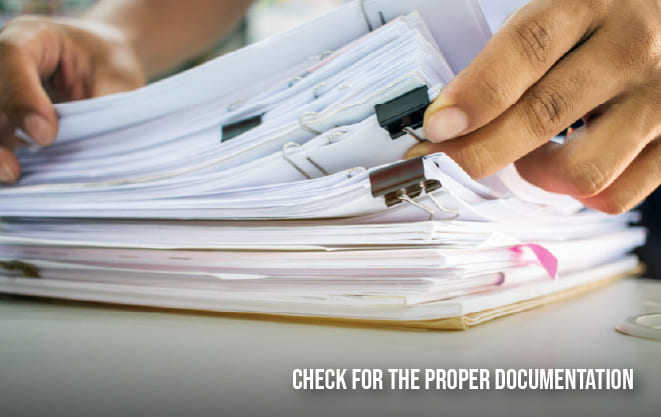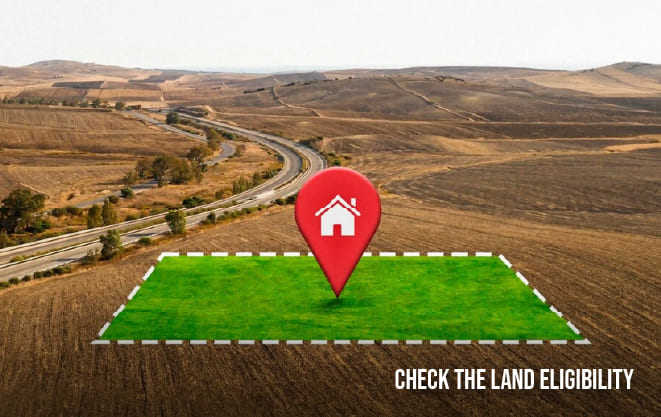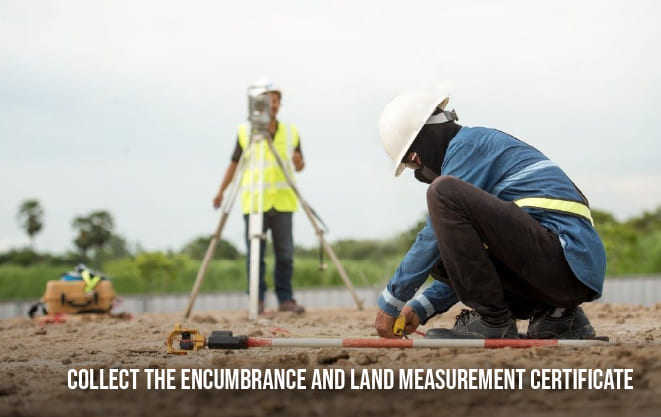Purchasing A Revenue Plot? Be Aware Of These 7 Factors!
Land investment is always a hit option. But choosing between residential, commercial, or revenue sites can be an overwhelming and dilemmatic situation. First two of the list are self-explanatory but the last one may be a new term. Many of us don’t have knowledge about ABCs of revenue land, and our thinking starts from what is revenue site, is it legal, Can I build a house on it, etc. Here is the exploratory blog about revenue land and what are the things that you should take care of while investing in the revenue sites.
What is a Revenue Site?
There are different types of land available for sale: commercial, residential, and revenue land. Commercial land is the land which is used for commercial purposes to generate profit. Residential land is a land or area that is primarily used for owner-occupied residence or tenant accommodation. And the last one revenue land meaning is:
- The agricultural area that is not converted and approved for residential/commercial purposes by the District Commissioner (DC) of the district where the land lies.
- Revenue site meaning can be illustrated as the properties that are converted into sites without following the authentic conversion processes.
- Some states like Karnataka, non-converted revenue sites are measured in ‘Guntha’.
- There are some eligibility criteria like only people with agricultural certificates or agriculturists can buy properties in Guntha.
- Now you know that revenue sites are non-applicable for residential building or commercial usage. To make this happen, you have to process land conversion. You must have heard the term ‘DC converted sites.’
Let’s see what is dc converted sites:
To make the revenue land eligible for commercial or residential purpose, one needs to convert it by a DC conversion process. The District Commissioner approves and authorises the land for any other purpose. If the process fails and the owner continues to convert it into a residential plot, the owner will get penalised for the same.
What are the documents needed for buying the revenue land in India?
Here is the list of documents needed to buy the revenue sites or revenue land in India:
- Title deed
- Sale agreement
- Stamp duty
- Registration
- Tax receipts and bills
- Power of attorney
- Land measurement certificate
- Encumbrance certificate
What are the key factors to watch out for before investing in revenue sites?
Hope you have understood the revenue land meaning till here. Now we will see 7 star factors to watch out for while buying the revenue land.
1. Check the Title Deed to verify the ownership
Title deed verifies the seller’s name and ownership to sell the property. Do not get trapped by the names mentioned in the ‘Khata’, because these names show the persons liable to pay land taxes. Check for the co-owners of the land.
In this case, get all lawyer-verified documents before registering the revenue sites.
2. Check for the proper documentation
Land purchasing deals with a lot of documentation and every sheet of paper matters a lot. New buyer needs to check out the stakeholders in the seller’s family. Buying land from a second or third-time owner also matters in the lateral stage.

Get the proper clarification from the owner of the land. Ensure that no minors are involved, who may stake claim later. Both seller and buyer must agree and sign a proper written agreement. This agreement clearly mentions the payment details, actual sale period, and balance payment. This agreement is prepared by a lawyer and signed by two witnesses. You should read all the terms and clauses before processing the revenue sites buying deal.
3. Check the land eligibility
When the ownership issue is cleared, the next step is to move to check land eligibility and validity. Buyer needs to ensure that the property is situated on a green or yellow belt. Note that green belt properties are meant for revenue lands only.

Also, you need to ensure that the desired revenue sites don’t fall under any ecological buffer zone like SWD, forest, lake body. If you are purchasing the land in other states, check for the rules for revenue sites, as some rules may be different.
4. Check if any bank offers loan
Several top banks offer loans for buying revenue sites in India. When a bank offers a loan for the revenue sites, the credential and authenticity factors improve. Here are some of the bank names:
- State bank of India
- The IDBI bank
- The HDFC Bank
- The ICICI bank
- Indian Union bank
- The Canara bank
- India’s central bank
- Federal Reserve bank
- Maharashtra bank
- The Axis bank
5. Collect the encumbrance and land measurement certificate
First stage is the Sale/Conveyance deed. This transfers the ownership to the new buyer. This includes all the necessary details, like property boundaries, location, area measurements, etc.

The encumbrance certificate ensures the buyer about the compliance aspects, i.e. – there are no legal entanglements or hassles relevant to the revenue land. After all clearance, the sub-registrar office issues an encumbrance certificate.
6. Ensure there is no pending payment for the land
Buyer needs to ensure that there are no outstanding amounts or bills relevant to the desired residential sites. Check for water, electricity, and other utility bills are already paid. Pending bills may trouble the buyer in accomplishing the deal in the last stage.
7. Changing the ownership
Changing the ownership of the land is the last phase of the entire revenue sites purchase deal. Once all legal processes are completed, the village office makes a new registration entry for a new buyer.

Conclusion-
A greenery land, a super-built house according to your own terms, and a happy family, isn’t this all we want in our life? Investing in a land is a dream for many of us, but the hassles and the hidden crucial factors may ruin the dream. Right from what is revenue site, to what precautionary 7 factors, we have all for you.







